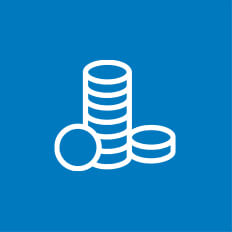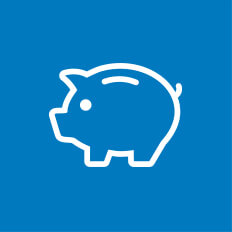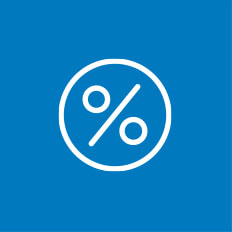Swiss Medium-Term Note Comparison 2024
Only on moneyland.ch: Compare Swiss medium-term notes, fixed deposits and term deposits. Compare Swiss medium-term notes now
The data are checked regularly. Interest rate data is updated every month. Last update of the interest data: July 15, 2024.









